I want a list of all currencies by El Salvador with their subdivision.
I use this query:
SELECT ?currency ?currencyLabel ?currencyIso4217 ?subdivisionLabel {
?currency wdt:P498 ?currencyIso4217 .
?currency wdt:P9059 ?subdivision .
SERVICE wikibase:label { bd:serviceParam wikibase:language "en" }
{
?country wdt:P38 ?currency .
BIND(wd:Q792 AS ?country).
SERVICE wikibase:label { bd:serviceParam wikibase:language "en" }
}
}
Try it here: Link
This gives the following result:
Works perfectly. But row 2 and three are the same currency. That currency only uses multiple names for the subdivision. I want them to concat so I get this output:
Is that possible?

